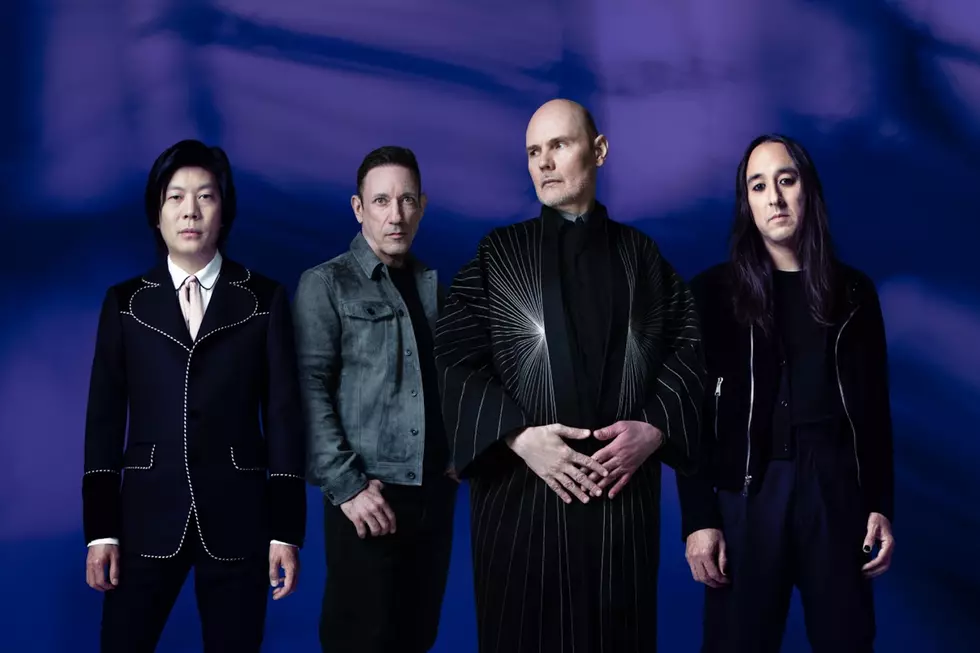
Avenged Sevenfold’s Lawsuit Against Warner Bros. Could Have Major Implications for Veteran Artists
It isn't all that uncommon for bands and record companies to take each other to court, but Avenged Sevenfold's pending lawsuit against longtime label home Warner Bros. Records is one case that should attract an uncommon degree of attention throughout the music industry.
As noted by The Hollywood Reporter, the band has become the latest recording act to lean on California's "seven-year rule" as a legal tool to try and extricate itself from a contract. The law, which prohibits personal service agreements in excess of seven years, was employed decades ago to help bring an end to the old system in Hollywood, where actors were treated like glorified studio property — and it's been invoked on a number of occasions by musicians, but those cases were settled before they went to trial.
If Avenged Sevenfold's case continues without a settlement, it'll reach a jury in December. The band — which opened a seven-album deal with 2005's City of Evil and jumped ship to Capitol after releasing their fourth Warners studio effort, 2013's Hail to the King — faces a potential $5-$10 million judgment should they lose, including the tab for Warner Bros.' legal bills; the label, meanwhile, could find itself facing a mass exodus of veteran artists — like every other major record company left standing in the digital era.
"We've realized this battle is bigger than just us," Avenged Sevenfold singer M. Shadow told THR. "We're fighting so that all musical artists have the same rights everyone else has. It's not like we wanted to be here, but we are down for the fight."
The group's attorney, Howard King, is also quoted in the report, and mentions their case will "include a referendum on how ineffective WBR is in promoting rock records" — signaling that at least a portion of their argument will rest on the increasingly common reality that veteran acts no longer need a label to distribute or advertise their albums. In this respect, Avenged Sevenfold are in much the same situation as a long, long list of artists ... and if they should emerge from this trial victorious, quite a few of them could be turning to that "seven-year rule" next.
Rock's 29 Nastiest Lawsuits
More From 95 Rock










